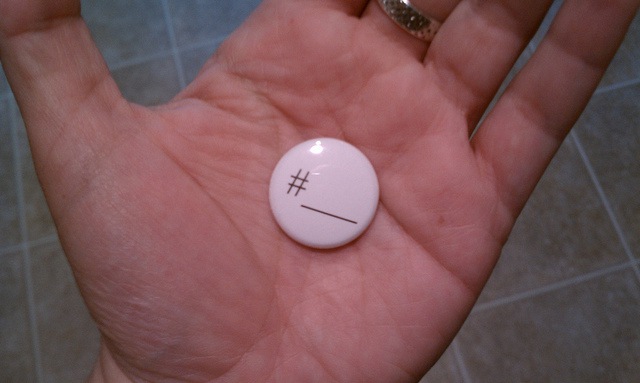Discover SEO trends from some of the top SEO professionals. They will tell you just about everything you need to know to succeed in 2023.
Discover SEO trends from some of the top SEO professionals. They will tell you just about everything you need to know to succeed in 2023.
Discover what PPC trends you need to know in 2023 if you want to drive more traffic, leads, and conversions, make the most of your budget, and stay ahead of your competition.
This ebook shows you how to meet customers at each stage of their journey and create compelling content that converts.
Want to know what makes a Facebook ad effective and how to set up your campaigns for success?
How do you create web content that’s digestible for search engines while simultaneously providing a user-friendly experience?
Instagram now bans users from searching for certain hashtags that may be considered profane or explicit. This discovery, by Nick Drewe of The Data Pack, comes after Instagram’s 2012 announcement on its Tumblr that it was banning keyword search for “Thinspiration” terms, that many eating disorder sufferers use, as well as placing a disclaimer on images that relate to self-harm in any way. They also prohibit accounts that are meant to glorify self-harm.
The current batch of search hashtags that Instagram has banned mainly center around profanity. The complete (explicit) list that Drewe has discovered on his own using the Instagram API can be found on his website.
Another blog post at Digital Trends covering Drewe’s discovery points out that there may be some sort of automatic filter set, as searching for the term #thesexpistols (after the famous English band) isn’t allowed. Instagram also banned all hashtags that included the word bitch, even though the hashtag #uglyslutsaturday is still searchable as of publication.
These types of inconsistencies is what makes banning hashtags or putting certain limits on search a questionable practice. While no one will disagree that banning top level searches for porn-related or harmful terms is part of Instagram’s terms of service, many may argue that what is considered profane is individual to each person.
While Instagram is a private service and users must agree to their terms when using the site, these inconsistencies that are taken out of context or not fairly applied to other derogatory terms can be frustrating to some users.
Instagram isn’t the only web giant to ban certain terms or services. As of 2010, Google had a list of banned terms for Google Instant, their auto-complete service, and they have also banned weapon-related listings from Google Shopping, according to a 2012 post on Search Engine Land.
While these services are ours to choose to use, these limits may eventually hurt businesses and organizations. For instance, what if cancer education and awareness organization F*ck Cancer had an Instagram campaign, but their target hashtag was unsearchable because of their name?
While there currently isn’t the choice to view search results for banned hashtags on Instagram, many other services allow users to have the option to see content after viewing a disclaimer for potentially offensive content, instead of banning it completely.
photo credit: eclecticlibrarian via photopin cc
Kelsey Jones is a marketing consultant, writer, and owner of SixStories.com and StoryShoutNews.com. Kelsey has been in digital marketing since …
Get our daily newsletter from SEJ’s Founder Loren Baker about the latest news in the industry!
Subscribe to SEJ
Get your daily recap of the latest search news, advice, and trends.
Educating and empowering the SEO community by providing the freshest news and latest best practices via the industry’s smartest practitioners.
Copyright © 2022 Search Engine Journal. All rights reserved. Published by Alpha Brand Media.
